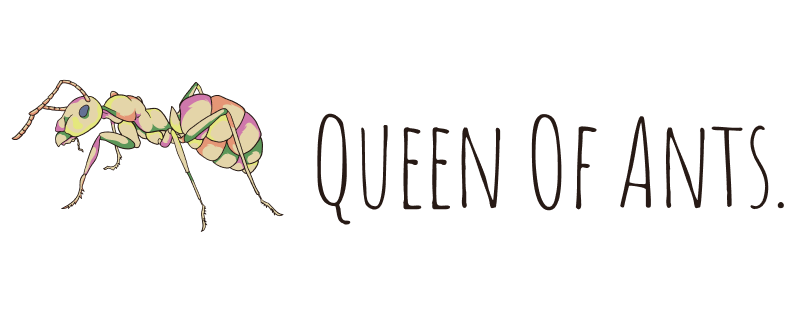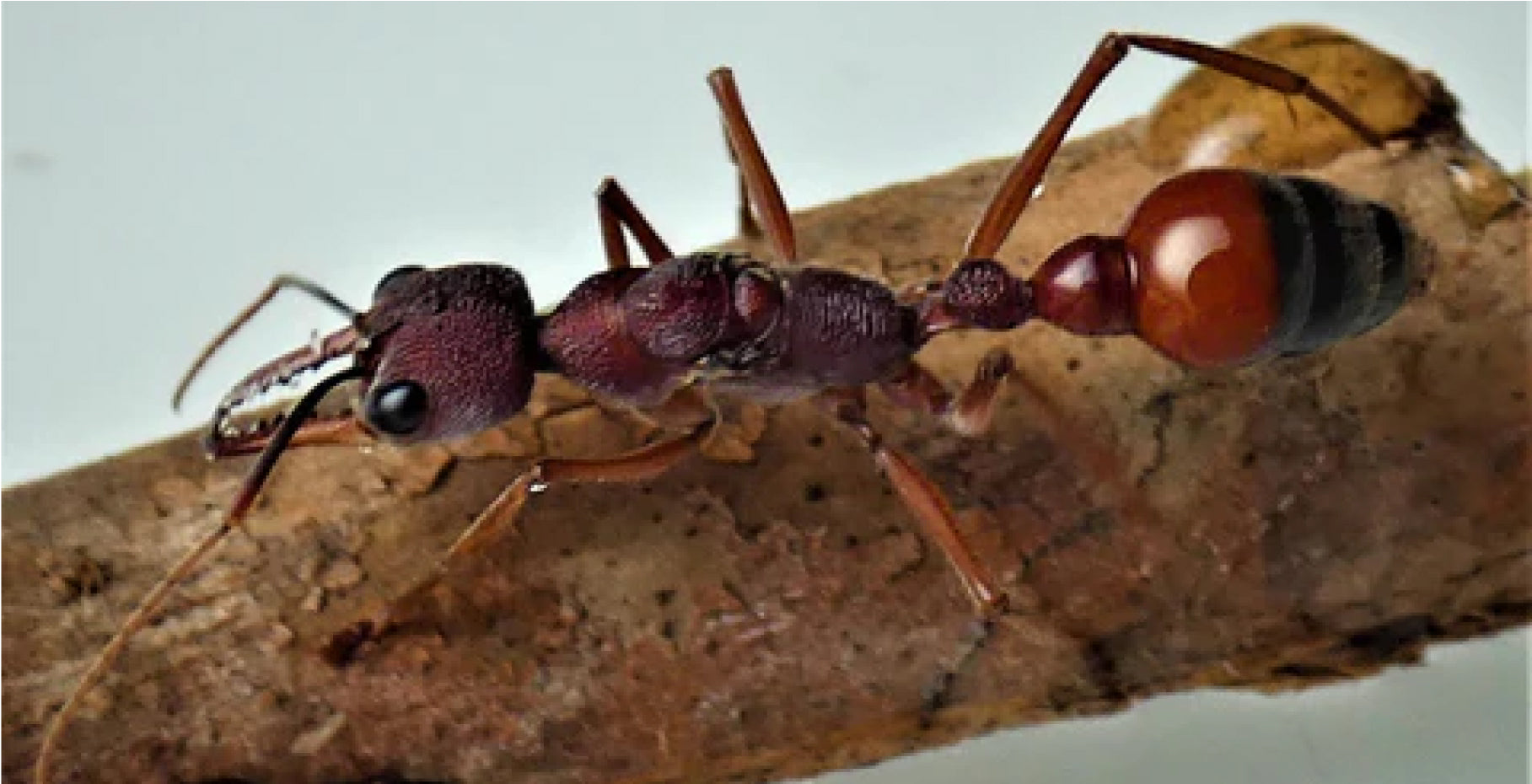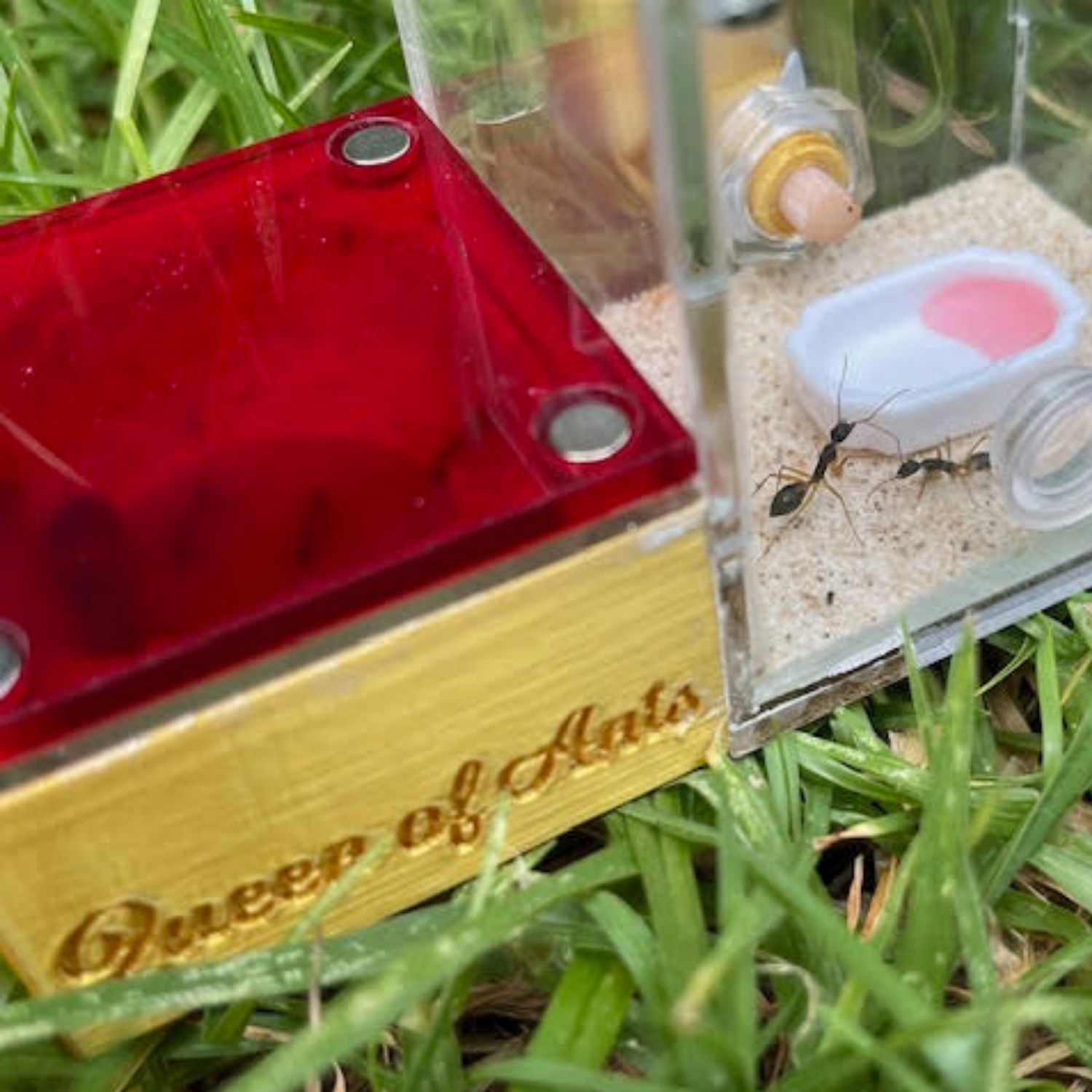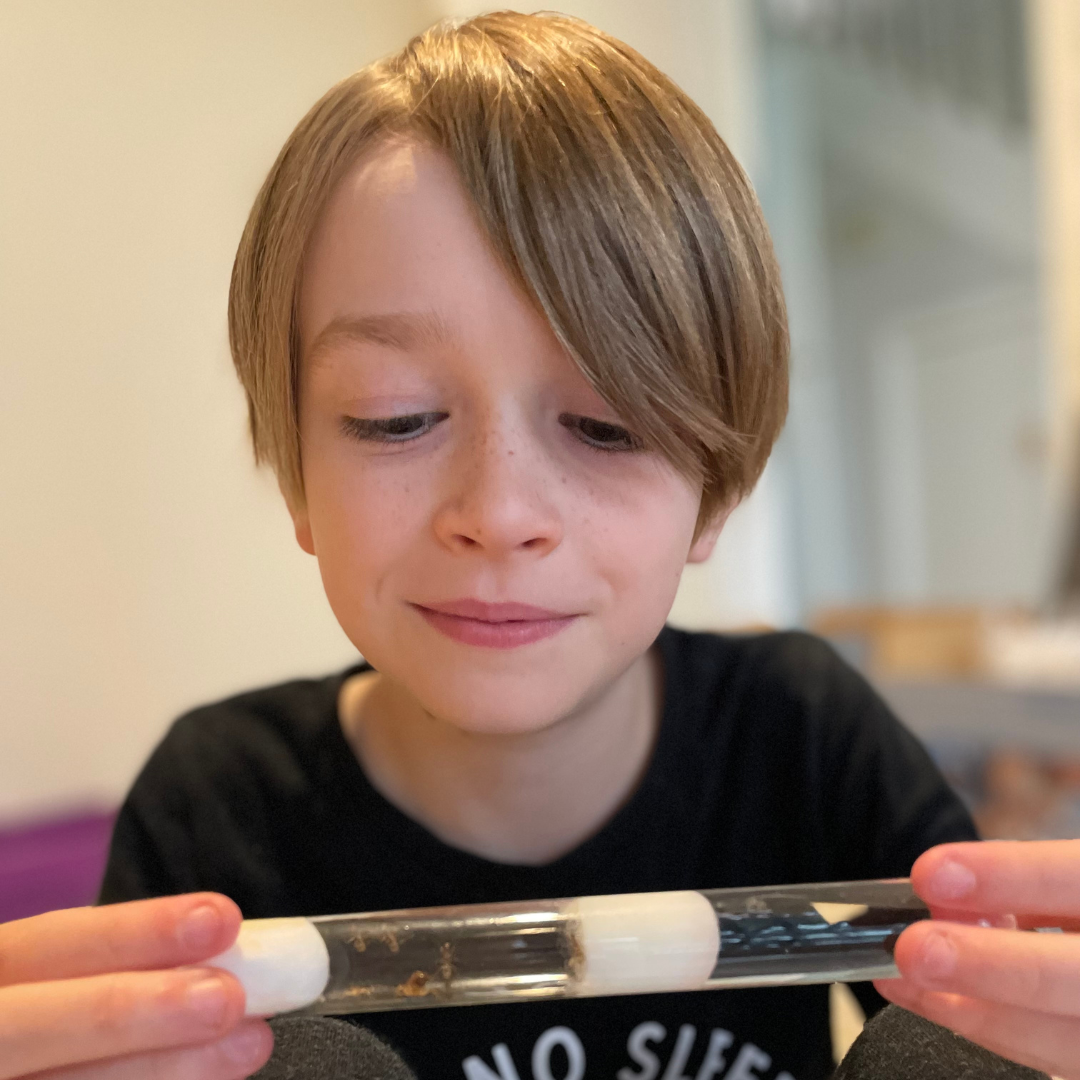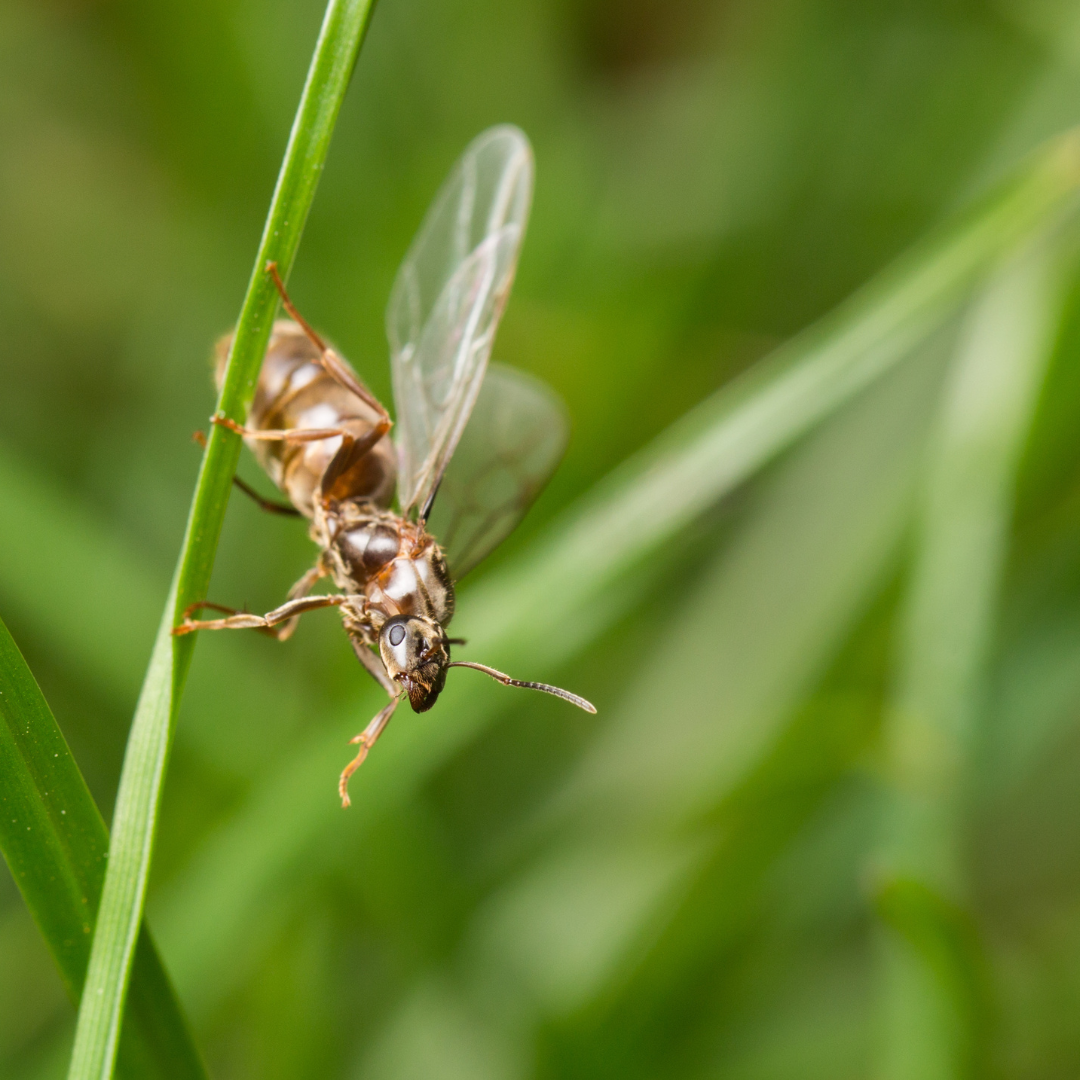The Astonishing Lifespan of Ant Farms
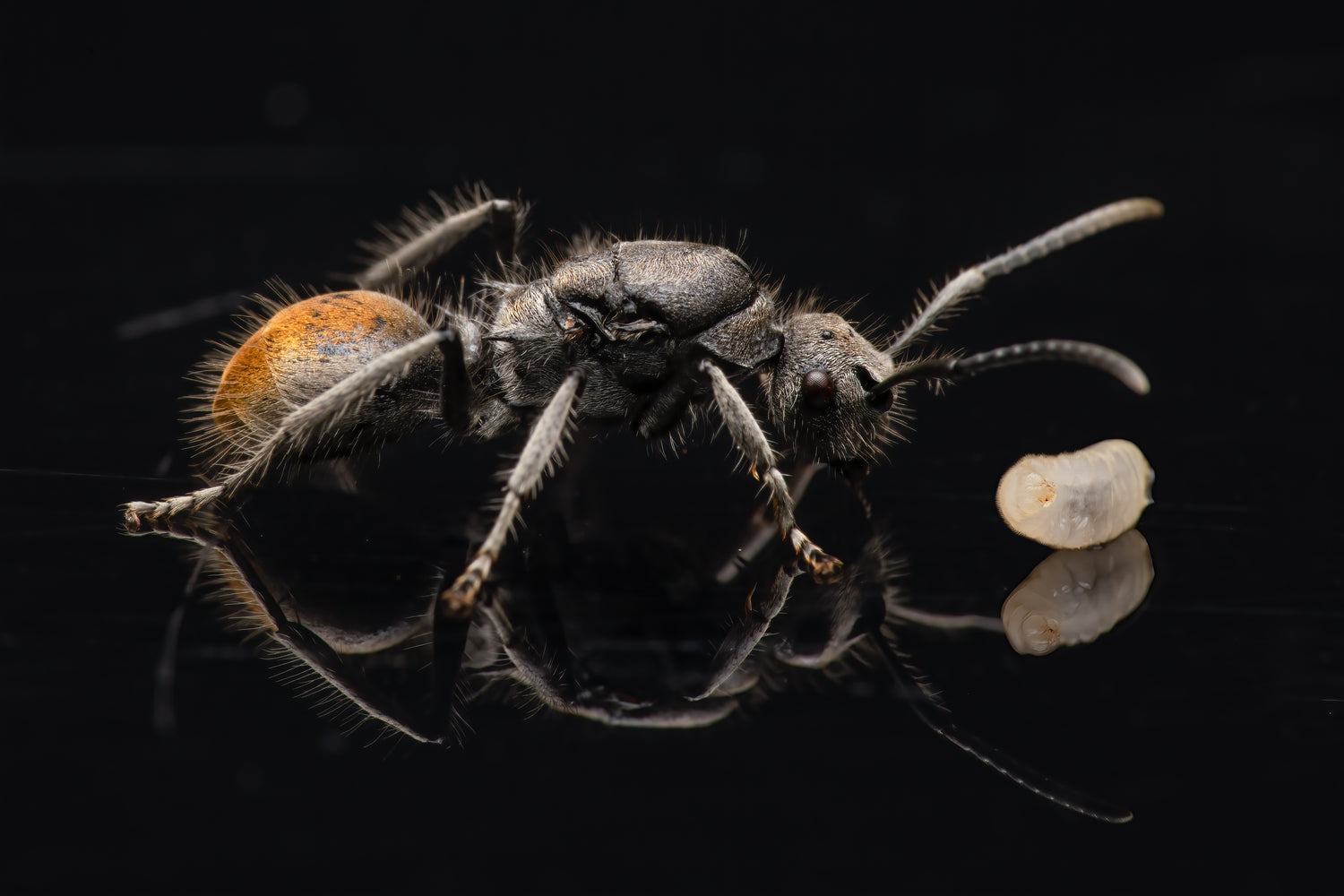
Ant farms, those captivating miniature ecosystems that bring the world of ants into our homes, have intrigued enthusiasts for years. One question that often arises is, "How long can an ant farm live?" In this blog post, we'll explore the lifespan of ant farms and delve into the remarkable longevity of queen ants, making them one of the most enduring insects in the insect kingdom.

The Lifecycle of Ant Farms:
Ant farms, also known as formicarium, offer a unique opportunity to observe the daily lives of these industrious insects. The lifespan of an ant farm can vary based on several factors, including the ant species, environmental conditions, and the care provided by enthusiasts.
Ant Farm Lifespan:
Ant farms typically last anywhere from one to several years, depending on various factors. The species of ants chosen for the farm can significantly impact its lifespan. Some species are known for establishing long-lasting colonies, while others have shorter life cycles.
Environmental conditions within the ant farm, such as temperature, humidity, and the availability of food and water, play a crucial role in determining how long the colony thrives. Regular observation and proper care contribute to the overall health and longevity of the ant farm.
Queen Ants- The Longest Living Insects:
Within the ant colony, the queen ant stands out as one of the most fascinating and long-lived members. Unlike worker ants, which have relatively short lifespans, queen ants are known for their exceptional longevity. Some queen ants can live for several years, and in some cases, even decades.
The primary role of the queen ant is to reproduce and ensure the survival of the colony. Queen ants are equipped with impressive reproductive capabilities, laying thousands to millions of eggs throughout their lifetime. This reproductive prowess, combined with their extended lifespan, makes queen ants true matriarchs of their colonies.
The queen ant's longevity is attributed to the physiological changes that occur once she assumes the role of reproducer. Her focus shifts from foraging and other colony tasks to the singular purpose of laying eggs. This specialized role, coupled with the care and protection provided by worker ants, contributes to the queen's extended lifespan.
When the queen ant dies, the colony faces a critical juncture. Unlike bees, where worker bees can nurture a new queen, ant colonies are often unable to replace their queen. The queen's death can lead to a halt in egg production, which is vital for the colony's expansion and sustainability. Without new workers being born to replace aging ones, the colony's workforce gradually dwindles.
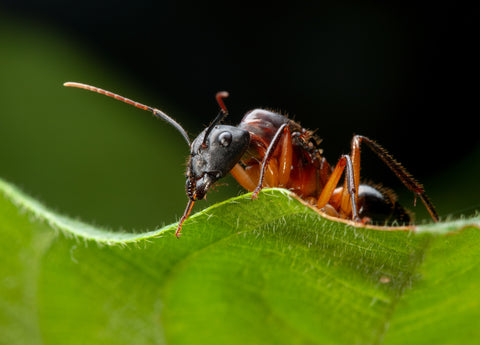
Ant farms provide a captivating glimpse into the intricate world of ants, offering enthusiasts and educators alike an opportunity to witness the complexities of ant colonies. While the lifespan of ant farms may vary, the queen ant's remarkable longevity stands as a testament to the incredible adaptability and resilience of these social insects. Whether you're a casual observer or a dedicated ant enthusiast, the world of ant farms is a fascinating realm of nature's wonders, highlighting the beauty and intricacies of insect life.
